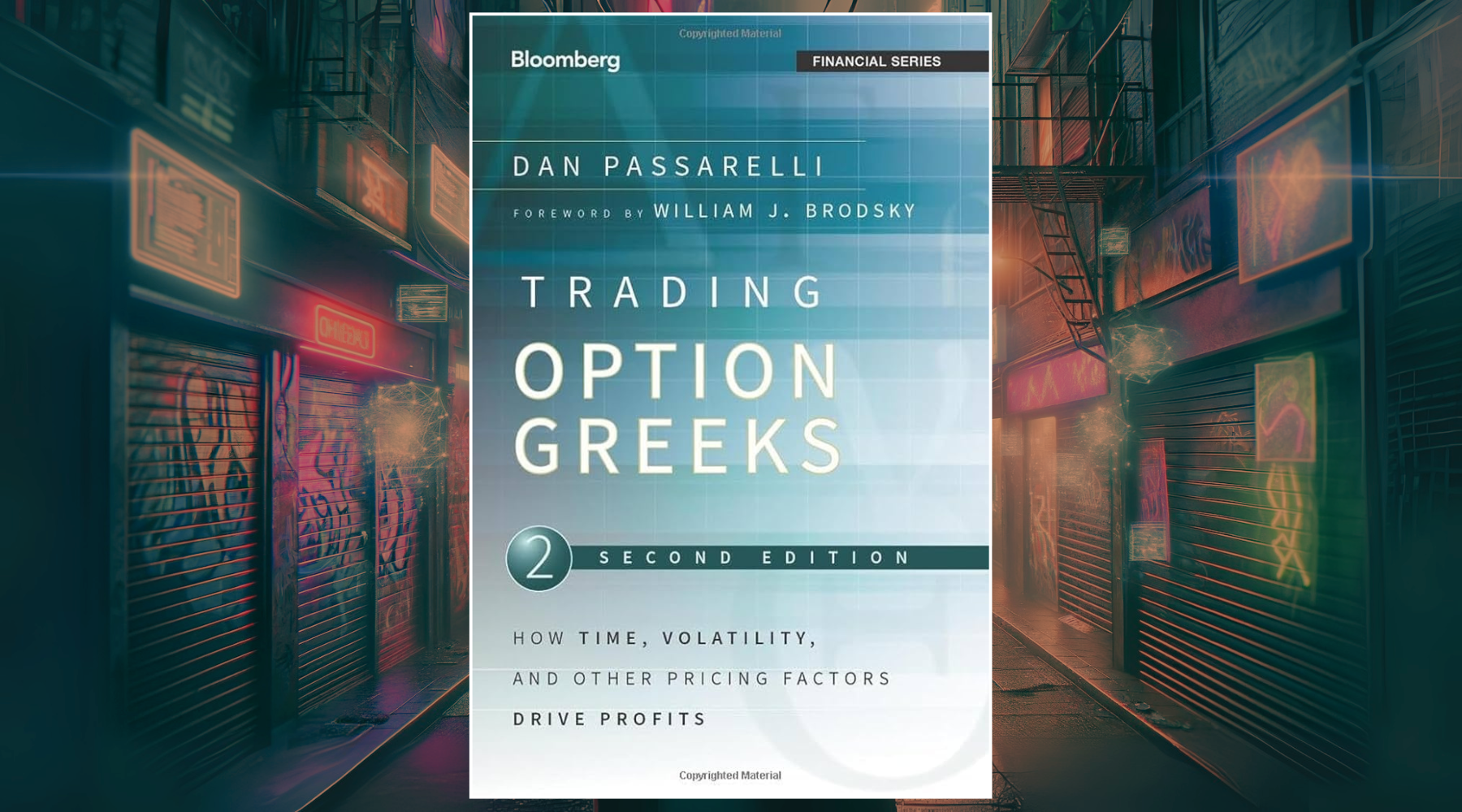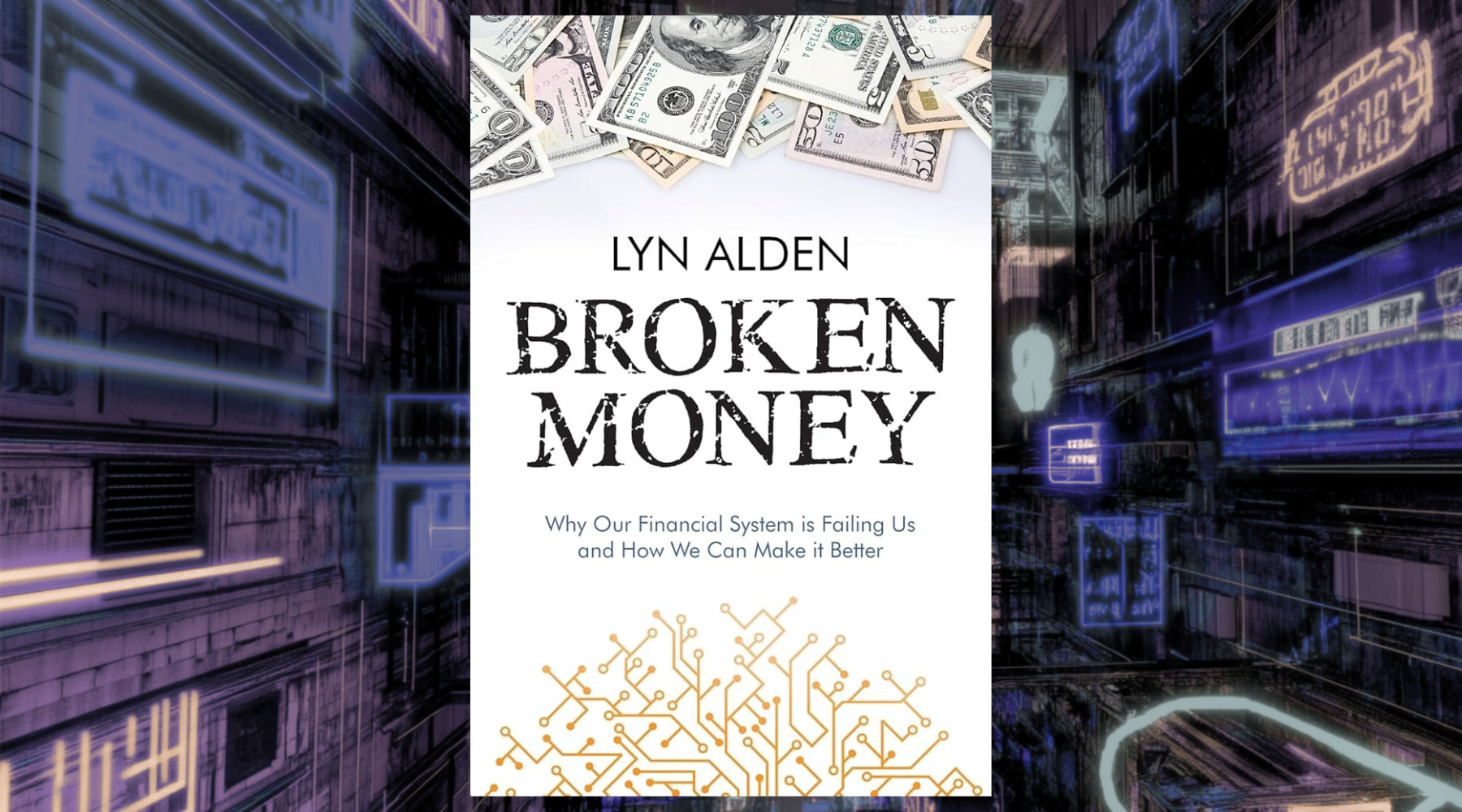Capitalism & Socialism
Capitalism and socialism represent two distinct paradigms of economic and social organization, each with its own principles, values, and outcomes. These systems have been debated, analyzed, and implemented in various forms around the world, influencing the development of nations and the lives of billions of people.
Though there are no "pure" socialist or capitalist countries, most countries lean one way or another with some sort of mix of the two economic systems. I'll leave out my own opinions as much as possible in this article and we can focus on the two systems from an informational and educational point of view.
Historical Context
The roots of capitalism can be traced back to the European Renaissance, with significant development during the Industrial Revolution in the 18th and 19th centuries. Adam Smith, often considered the father of modern economics, laid the theoretical foundations for capitalism in his seminal work, "The Wealth of Nations" (1776). Capitalism evolved as a response to the limitations of feudalism and mercantilism, emphasizing individual freedom and the role of market forces in economic organization.
Socialism emerged in the early 19th century as a critique of the inequalities and exploitations perceived in capitalist societies. Early socialist thinkers like Robert Owen, Charles Fourier, and later Karl Marx and Friedrich Engels, criticized the capitalist system for creating vast disparities in wealth and power. The Bolshevik Revolution in Russia (1917) marked a significant turning point, as it led to the establishment of the world's first socialist state, aiming to realize Marx's vision of a classless society.
Capitalism vs. Socialism: The Key Differences
Capitalism and socialism represent two distinct paradigms of economic and social organization, each with its own beliefs, values, and systems.

What is Capitalism?
Capitalism is an economic system where the means of production, such as businesses and factories, are privately owned and operated for profit. The central tenets of capitalism include:
- Private Ownership: Individuals or corporations own and control the means of production.
- Market Economy: Prices and production levels are determined by supply and demand in a free market.
- Profit Motive: The driving force behind economic activity is the pursuit of profit.
- Minimal Government Intervention: Ideally, the government's role is limited to protecting property rights and maintaining the rule of law.
Capitalism is often associated with economic freedom, innovation, and individual achievement. However, it is also criticized for leading to income inequality and focusing excessively on profit at the expense of social welfare.
What is Socialism?
Socialism, on the other hand, is an economic system where the means of production are owned and regulated by the community as a whole, often through the state. Its key principles include:
- Collective Ownership: The community or state owns and controls the means of production.
- Planned Economy: Economic decisions are made by central planning, rather than market forces.
- Distribution Based on Need: Goods and services are distributed based on individuals' needs, not on their ability to pay.
- Government Intervention: The government plays a significant role in the economy to ensure equality and provide social welfare.
Socialism aims to reduce economic disparities and promote a more equitable distribution of wealth. Critics argue that it can lead to inefficiencies, lack of motivation, and suppression of individual freedoms.
Capitalism vs. Socialism: A Comparative Analysis
| Aspect | Capitalism | Socialism |
|---|---|---|
| Ownership of Resources | Private individuals or corporations | Community or state |
| Economic Decisions | Market-based (supply and demand) | Central planning |
| Profit Distribution | To owners or shareholders | Redistributed according to need |
| Role of Government | Limited to protecting rights | Extensive, managing economy and welfare |
Real-World Examples
Capitalist Countries
The United States is often cited as a prime example of a capitalist country, where the market largely determines the production, distribution, and pricing of goods and services. However, it's noteworthy that the United States does not rank in the top 10 of the most capitalist countries according to the Heritage Organization's Economic Freedom of the World Index as of 2021. Instead, countries like Singapore, New Zealand, and Australia lead as the most capitalist countries in the world, showcasing high levels of economic freedom, a conducive environment for business operations, and minimal state intervention.
Socialist Countries
While pure socialism is rare, several countries incorporate socialist principles to varying degrees. For example, Sweden is often mentioned as a country leaning towards socialism due to its extensive welfare state and high level of government involvement in providing social services such as healthcare, education, and social security. However, it's important to clarify that Sweden and similar Nordic countries operate within a framework of a mixed economy, combining elements of both capitalism and socialism, rather than adhering strictly to socialist doctrine.
Mixed Economies
In practice, most countries today operate under a mixed economic system, which combines elements of capitalism and socialism. This system allows for private enterprise and market forces to coexist with government intervention and social welfare programs. The United States, for instance, is considered a mixed market economy. While it champions capitalist principles such as private ownership and market-driven economic activities, it also incorporates socialist elements through government regulations, taxation, subsidies, and the provision of social services like education and healthcare. Other examples of countries with mixed economies include Japan, known for its form of "collective capitalism," and Russia, which exhibits characteristics of "state capitalism" with significant government control over the economy.

The Debate: Capitalism vs. Socialism in the U.S.
The debate between capitalism and socialism is a longstanding one, with each side presenting arguments for their preferred system. Capitalists argue that their system leads to more efficient allocation of resources and greater wealth creation. Socialists contend that their approach ensures that the basic needs of all citizens are met and reduces social inequalities.
Economic Decisions and Control
In capitalism, economic decisions are made by individuals and businesses based on market signals and consumer demand. This decentralized decision-making process is believed to lead to efficient resource allocation and innovation. In contrast, socialism relies on central planning or democratic decision-making to determine economic priorities and allocate resources, aiming for equitable outcomes and meeting societal needs.
Social Welfare and Equality
Capitalism is often criticized for leading to economic inequalities, as wealth tends to accumulate among a small segment of society. Social welfare under capitalism is typically addressed through a combination of government programs and private charity, but gaps remain. Socialism, on the other hand, seeks to eliminate poverty and reduce inequality through extensive social welfare programs and redistribution of wealth.
Innovation and Economic Growth
The competitive nature of capitalism is credited with driving innovation and economic growth, as businesses and individuals strive for profit. However, critics argue that this can also lead to negative externalities, such as environmental degradation. Socialism's emphasis on collective goals and central planning is argued to potentially stifle innovation due to the lack of profit motive, though supporters contend that it allows for more sustainable and equitable growth.
Conclusion
The choice between capitalism and socialism is not just an economic one; it reflects deeper values about freedom, equality, and the role of government in society. While pure forms of either system are rare, the debate continues to influence political discourse and policy decisions around the world.
Learn More: Who Owns The United States National Debt?








